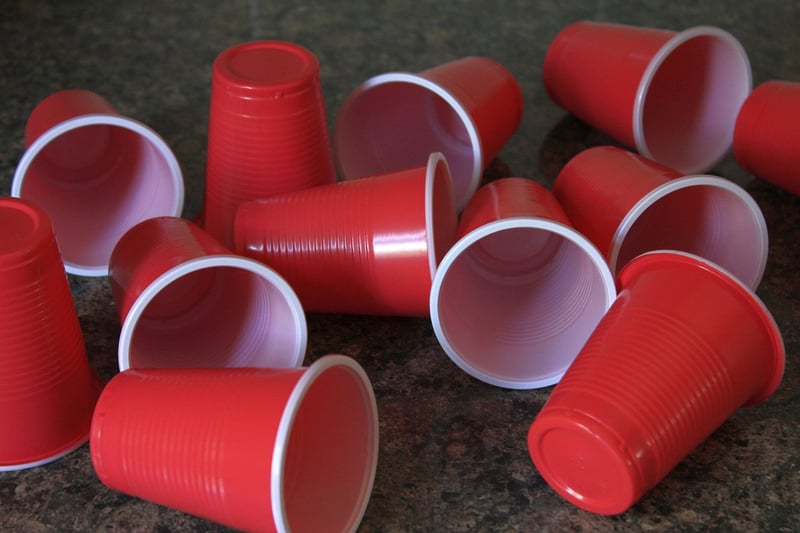Creative Reuse
Innovative Ways to Reduce Waste and Creative Reuse
Introduction
In a world where environmental concerns are becoming increasingly important, finding innovative ways to reduce waste and creatively reuse materials is crucial. Not only does this help in saving resources, but it also contributes to a cleaner and more sustainable planet.
1. Upcycling
Upcycling is the process of transforming old or unwanted products into new items of better quality and environmental value. This creative reuse method involves repurposing materials to give them a new life. For example, turning old jars into candle holders or transforming jeans into stylish bags.

2. Composting
Composting is a natural way to recycle organic waste into nutrient-rich soil. By composting food scraps, yard waste, and other organic materials, you can reduce the amount of waste sent to landfills while creating a valuable resource for gardening and agriculture.

3. Creative Reuse in Art and DIY Projects
Artists and DIY enthusiasts are increasingly incorporating creative reuse into their projects by using materials that would otherwise be discarded. From creating sculptures out of old electronics to making jewelry from upcycled materials, the possibilities are endless when it comes to incorporating creative reuse into art and crafts.

4. Packaging Alternatives
Reducing waste also involves rethinking packaging materials. Businesses and consumers can opt for eco-friendly packaging alternatives such as biodegradable materials, reusable containers, and minimalistic packaging designs. This shift helps in minimizing the environmental impact of packaging waste.

5. Clothing Swaps and Thrifting
Instead of discarding old clothes, consider organizing clothing swaps with friends or shopping at thrift stores. By giving pre-loved garments a new home, you contribute to reducing textile waste and embracing sustainable fashion practices.

Conclusion
Embracing innovative ways to reduce waste and creatively reuse materials is not only beneficial for the environment but also allows for the exploration of new possibilities in design, art, and everyday practices. By making conscious choices to reduce, reuse, and recycle, we can all contribute to a more sustainable future.
